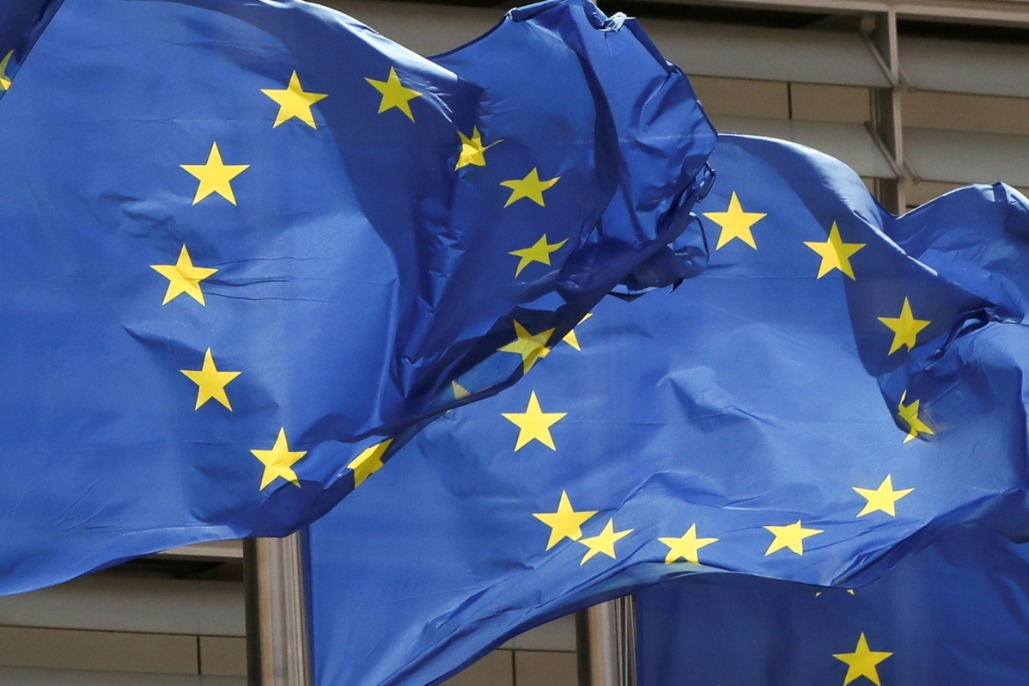Fluid dynamics
For the Central and Eastern European countries, clear priorities are needed to balance their relations with China and the United States


The recent election of Donald Trump and his declaration of new tariffs on Chinese imports carry immediate consequences for global trade and politics. These measures are designed to isolate China economically, but their impact will be felt across regions where China has established significant partnerships, including the Central and Eastern European countries.
For the CEEC, this is neither an abstract geopolitical development nor a secondary concern. Chinese investments have become an integral part of the region's infrastructure and economic growth strategies. Projects such as the Belgrade-Budapest railway and Montenegro's highways are not just engineering feats of connectivity and efficiency but symbols of a growing economic relationship between China and Central and Eastern Europe. Trump's proposed policies, however, risk introducing new tensions into these relationships, particularly as Washington pressures its NATO allies and the European Union member states to reevaluate their engagement with China.
This is not the first time that Central and Eastern Europe has faced competing demands from global powers. Historically, the region has navigated such rivalries by finding opportunities within constraints. Today, that same pragmatic approach will determine whether the CEEC can sustain their partnerships with China while managing their broader alliances with Europe and the United States. Central and Eastern Europe's political history is one of adaptation. During the Cold War, these nations balanced ideological impositions with their own needs for sovereignty and development. Today, their engagement with China reflects a similar pragmatism. For countries such as Serbia, Chinese investment fills critical infrastructure gaps, while EU members such as Hungary view these partnerships as a way to assert economic independence within the broader European framework.
Trump's economic nationalism, particularly his renewed focus on tariffs, presents a direct challenge to the CEEC-China relationship. His administration will likely exert increased pressure on NATO allies to reduce their reliance on Chinese capital, framing such partnerships as security risks. For the EU member states, this creates a dual challenge: reconciling their economic interests with China while addressing expectations for alignment with US policies. At the same time, Trump's tariffs could accelerate Chinese investment in Europe as China seeks alternatives to the US market. This may bring new opportunities for the CEEC. Balancing these dynamics will require careful diplomacy and clear priorities.
The CEEC should use platforms such as the China-CEEC cooperation framework and the Belt and Road Initiative to present a unified approach to Chinese partnerships. By coordinating their efforts, they can negotiate better terms and ensure that investments align with regional priorities. Chinese-funded projects can deliver tangible benefits to local economies, including job creation and technology transfer. Furthermore, transparent bidding processes and regular audits can strengthen public trust and mitigate political criticism. Moreover, the CEEC should remain committed to their transatlantic and European partnerships while engaging with China on terms that reflect their own interests. This means aligning projects with EU standards and ensuring that they do not undermine broader security or political commitments.
While Trump's policies create new challenges, they also highlight the importance of diversification for both China and the CEEC. For China, the CEEC offers a vital gateway to the broader European market. For the CEEC, deeper engagement with China can complement their ties to the EU and the US, providing a counterbalance to overdependence on any single partner. Artificial intelligence technologies, logistics, advanced manufacturing and agriculture are among the areas where the CEEC can expand their trade with China while maintaining economic sustainability. Similarly, cultural exchanges and educational initiatives can strengthen mutual understanding and build a foundation for long-term collaboration.
China's approach to cooperation, rooted in economic initiatives rather than political demands, offers the CEEC a unique opportunity to enhance their development through initiatives such as the BRI.This pragmatic framework allows the CEEC to access vital investments while maintaining their political independence. For China, the CEEC represent a pivotal gateway to Europe, a region that will remain essential as China adapts to shifting global trade dynamics. The future of this relationship will hinge on the ability of both sides to foster trust, ensure mutual benefits, and navigate the growing pressures of an increasingly multipolar world.
What remains crucial for the CEEC is the wisdom to navigate these partnerships in a way that prioritizes their own strategic interests. By carefully aligning Chinese investments with national and regional goals, these nations can secure economic growth without compromising their broader alliances.
The author is former president of Bosnia and Herzegovina. The author contributed this article to China Watch, a think tank powered by China Daily. The views don't necessarily reflect those of China Daily.
Contact the editor at [email protected].
































